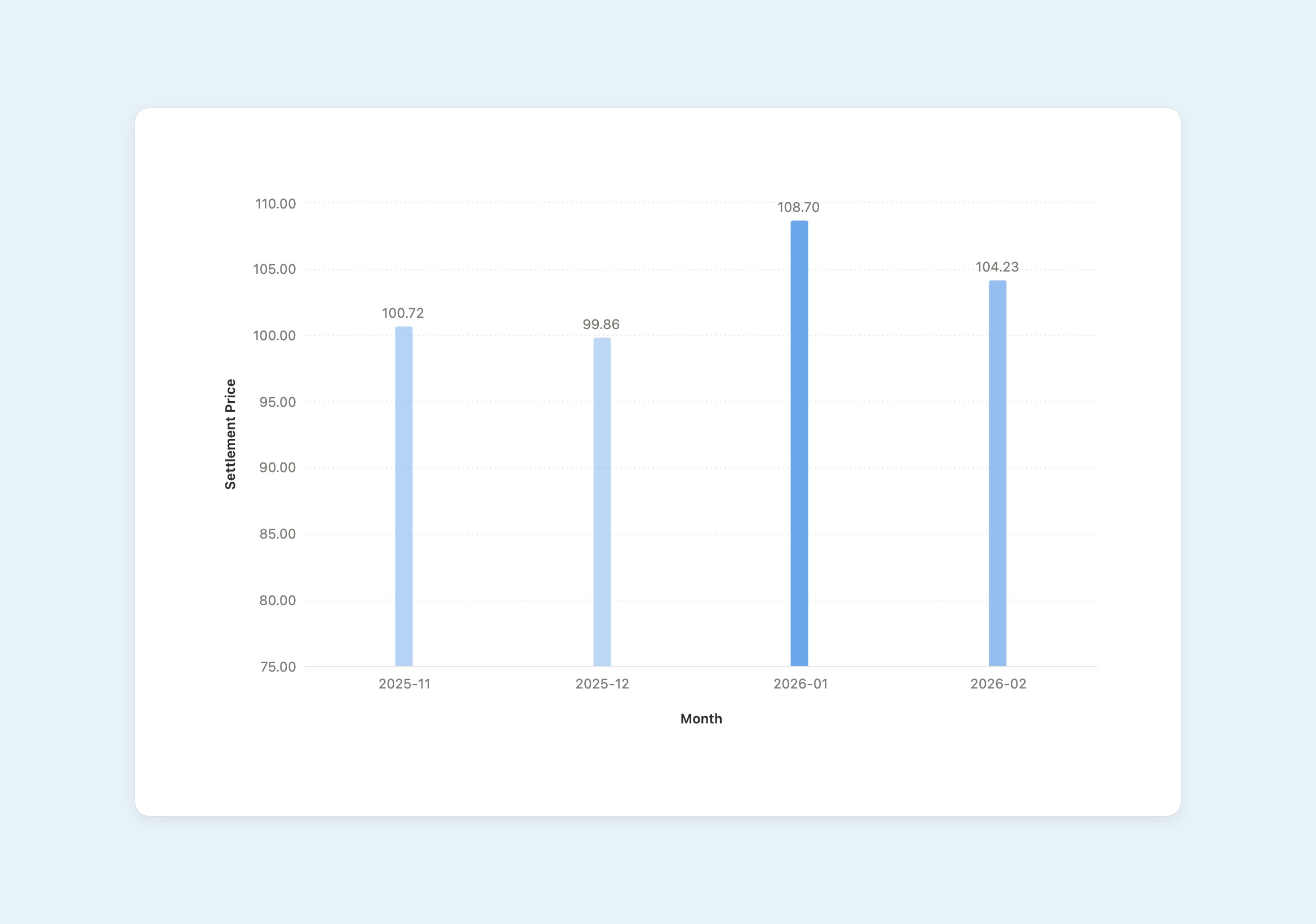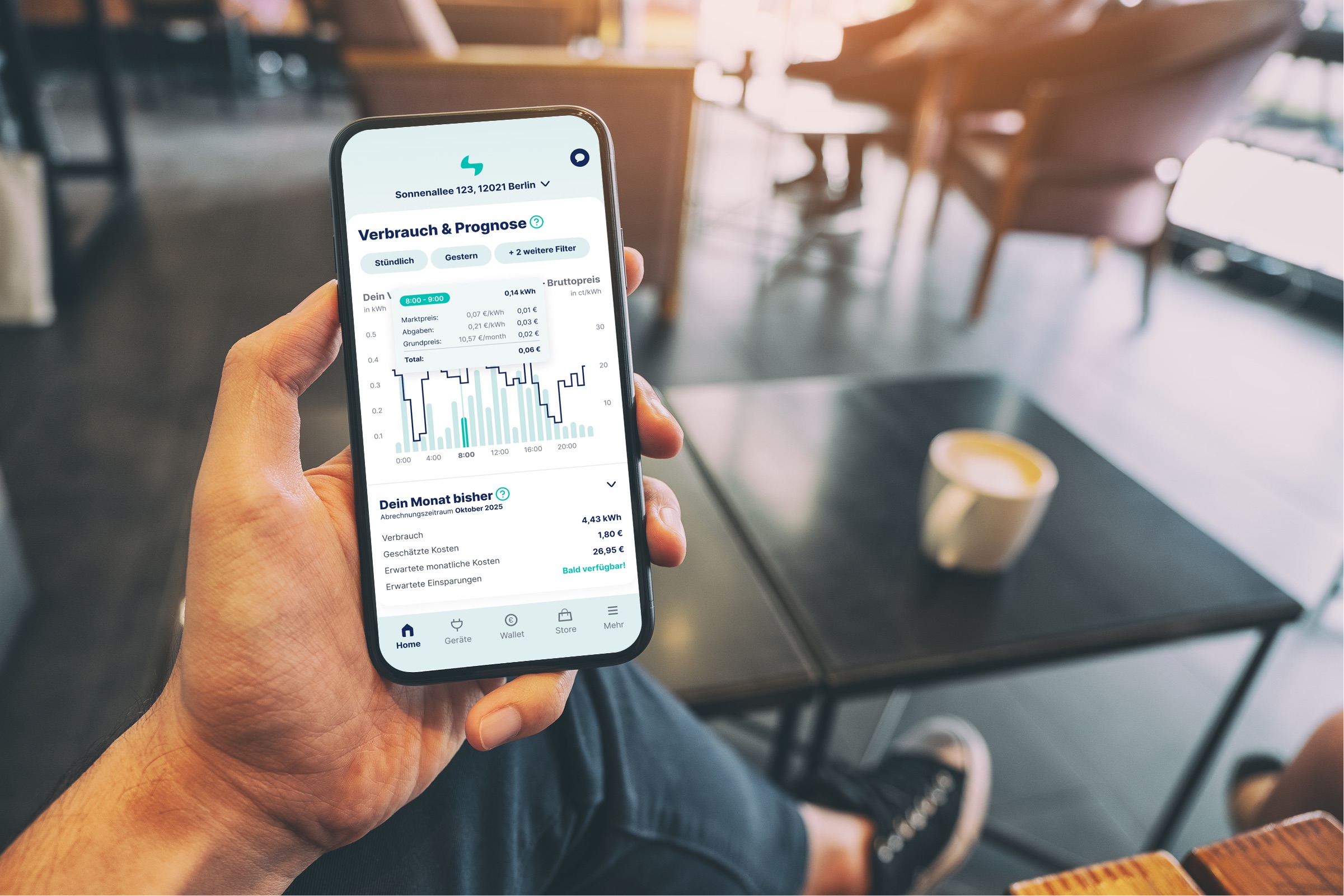Energy
Why A European Embargo Of Russian Gas Might Actually Lower Prices
By
Matthias Martensen
26.7.2022

3
Min.

The news is in - Russia once again is decreasing the gas flows to Europe to just 20% via the Nord Stream 1 pipeline. Another turbine is surprisingly in maintenance and left the Kremlin no other way than to act and suppress supply while at the same time documents are not in order to take back another one. After the announcement, gas and electricity prices were rising across the energy exchanges and, in turn, the profits of Gazprom — though on levels similar to mid-July. This shows the market is already planning with a no-Russian-gas scenario.
Russia Profits At Europe’s Expense
So far Europe, and in particular Germany, was against a gas embargo as the common narrative was that such a move would bring more harm to our economy than to Russia’s. But is this really true due to the new moves of the Kremlin?
The high uncertainty around the gas delivery let gas prices increase significantly and in turn power prices. The higher prices mean higher profits for Russia, or at least the same revenues at less supply, meaning it has no significant harm to Russia. At the same time, we see how the higher prices are hurting the industry. However, we also see consumers and businesses already adjusting: Germany used 14% less gas than before, and Europe announced a new plan to use even less. Although this is not an economic analysis, Germany and Europe could make it happen - already five liquefied natural gas (LNG) terminals are planned, and new suppliers are being set up (Nigeria, Egypt, with more to come).
So the question remains why Europe is not acting now with even more stringent measures and taking Russia’s only leverage away?

Gas prices in 2022. Every peak is caused by uncertainty in supplies. Data from ZEIT and Verivox.
The World Is Electrifying
In addition, before this year, the trends were clear that Germany and Europe were already electrifying. The current situation might just accelerate the trends:
- Germany is phasing out gas heating from 2024,
- there will be 16 million electric vehicles (EVs) on Germany streets by 2030 and
- the government targets 80% renewables by 2030.
Gas was considered the main bridging technology, but this will be more limited despite the efforts to find new gas sourcing and other technology such as hydrogen.
A clear break now would just speed up the transition. Also, a clear break would actually help stabilize energy prices on a higher sustainable level (likely after some initial price shock) as markets hate uncertainty.
What Is Needed Now
A gas embargo together with price caps for Russian commodities for the remaining period will give back leverage to Europe’s favor — away from fearing Russia’s actions, to let Europe shape its own path.
The markets have already priced in limited gas supply. A complete stop would actually bring back stability and decrease uncertainty for the next months and years to come. Simultaneously, it will really hurt Russia’s only remaining strong industry and support a change in the Russia-Ukraine war together with speeding up the energy transition.
The German and European energy industry can adjust (and has already) adjusted toward such a scenario. Of course, the adjustment process will be painful and fair government intervention might be required such as reduced taxes or redistribution. But in any case, it takes out uncertainty of the equation, and everyone will be able to adjust. This crisis could then be remembered as the turning point for far-reaching infrastructural changes that will be needed sooner or later anyway as part of the electric transformation to counter climate change.














.avif)